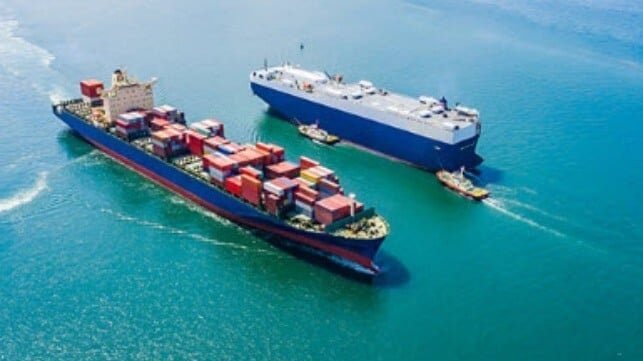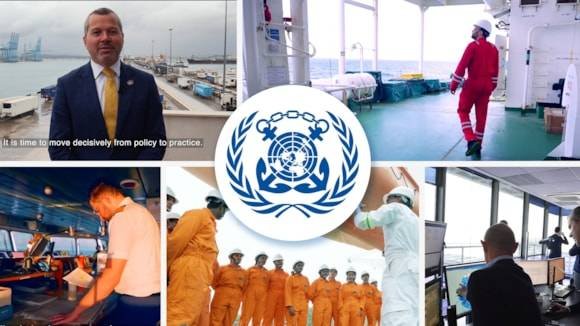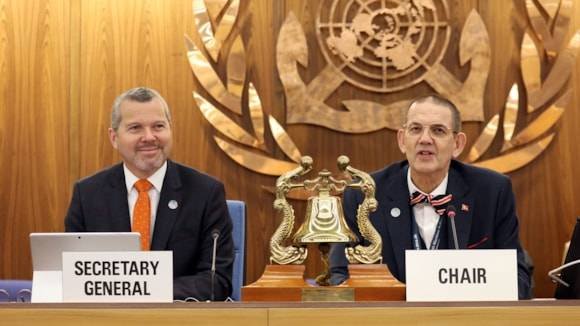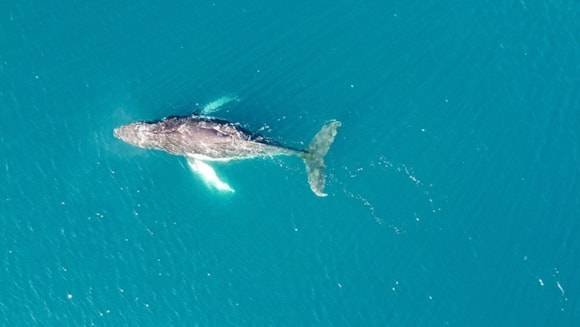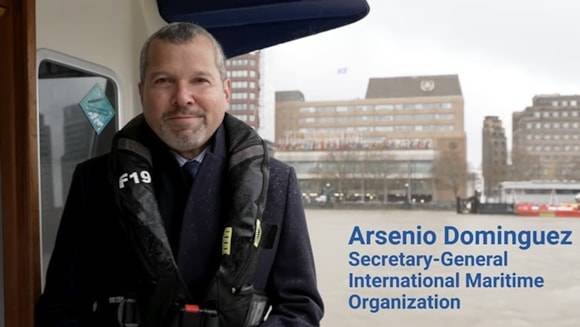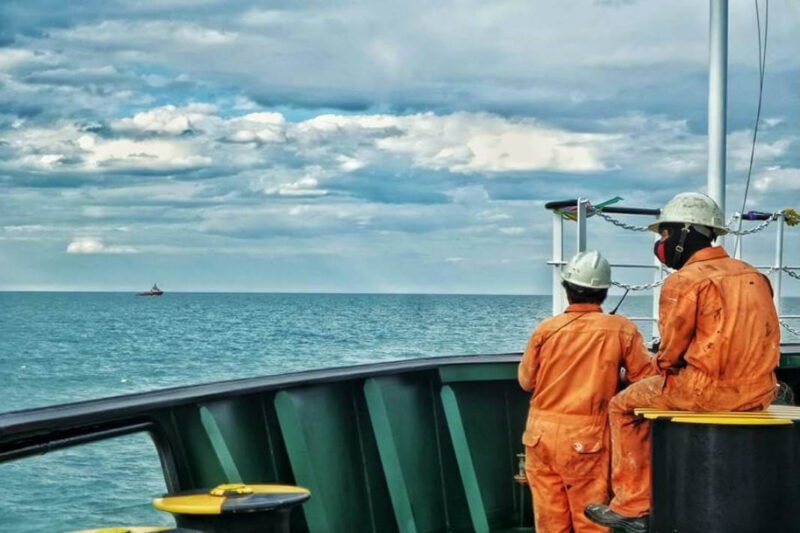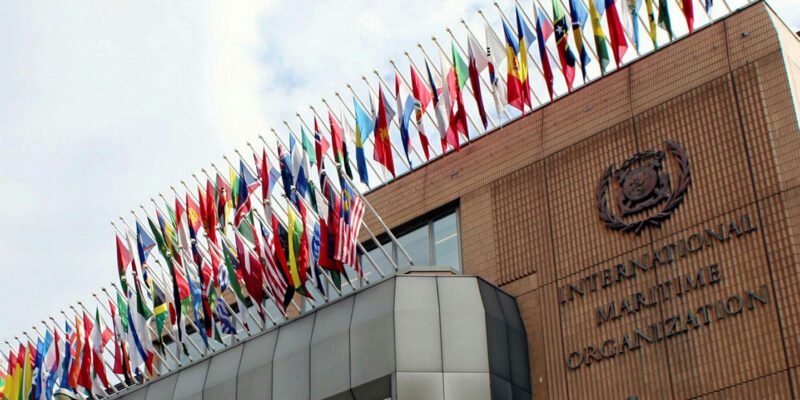Six major shipping industry trade groups have united to raise concerns about the International Organization’s Carbon Intensity Indicator (CII), which came into effect on January 1. The groups, representing various sectors such as bulk cargo, containers, tankers, and passenger shipping, have pointed out perceived shortcomings in the CII program. The CII applies to ships over 5,000 gross tonnage and is meant to help owners and operators improve a ship’s operational carbon intensity.
Based on 2023 data, ships are receiving their first ratings under the CII, with warnings that low rankings could impact their economic viability. The six organizations, including BIMCO and Intertanko, are urging the IMO to amend the CII system to avoid unintended consequences that may hinder efforts to reduce greenhouse gas emissions in the maritime industry. They emphasize the need for a more accurate and tailored approach to assessing ships’ efficiency.
The groups are calling for immediate action to reform the CII system, as concerns have been raised about potentially inaccurate ratings affecting crucial decisions in the shipping industry. They plan to engage with the Marine Environment Protection Committee (MEPC) as the review of the CII commences in September. The goal is to propose revisions to the CII methodology that provide a more reliable indicator of a ship’s environmental performance, urging stakeholders to collaborate with shipowners and flag administrators for informed decision-making.


